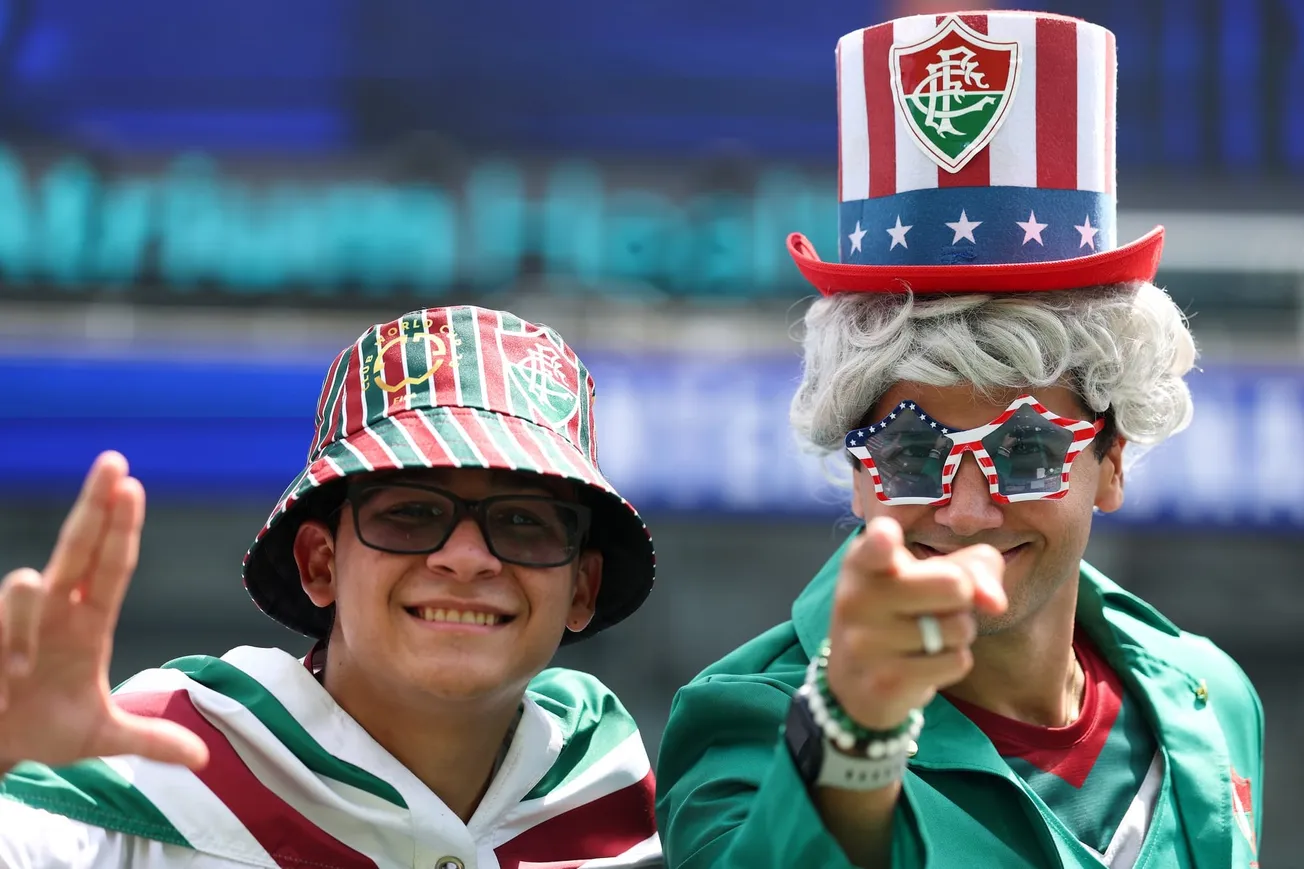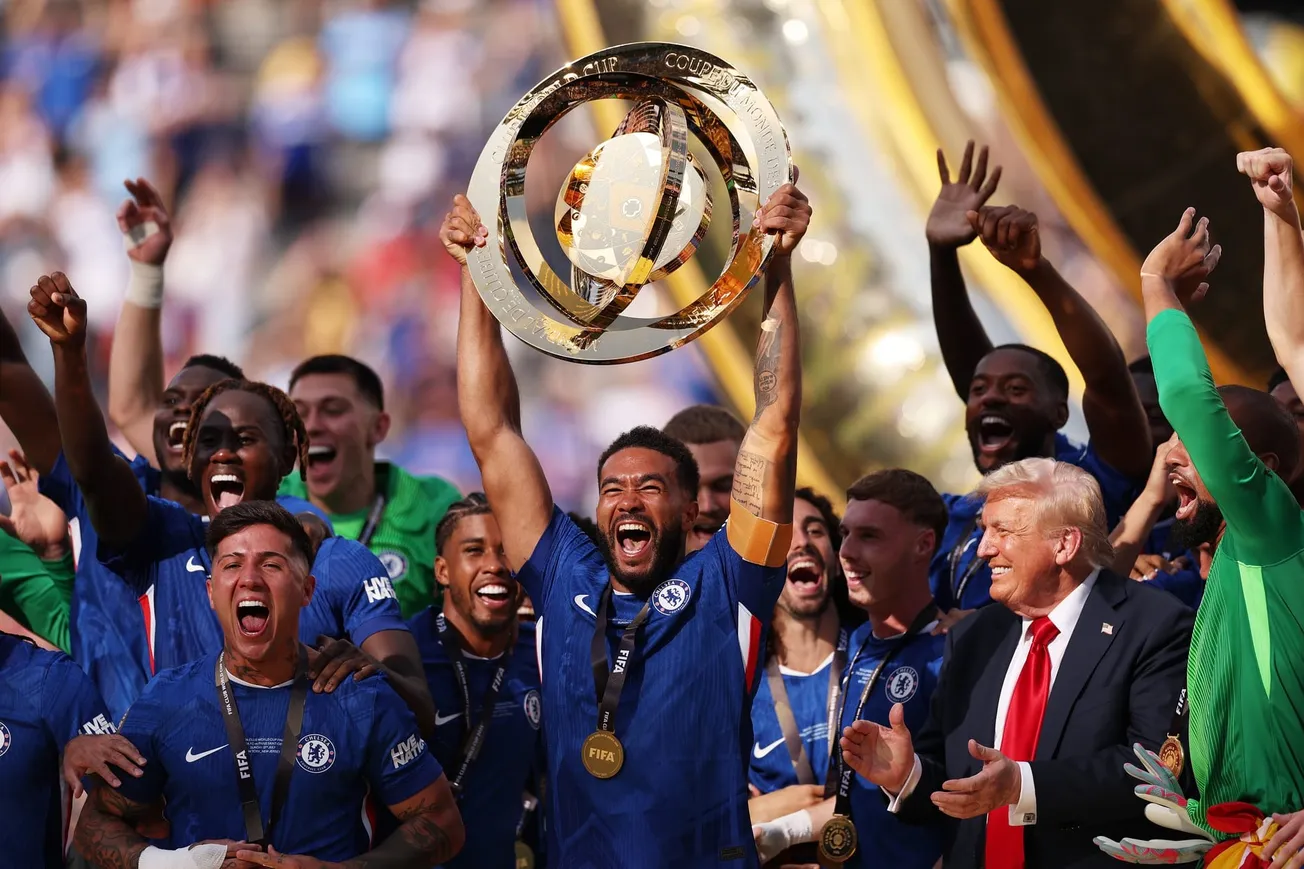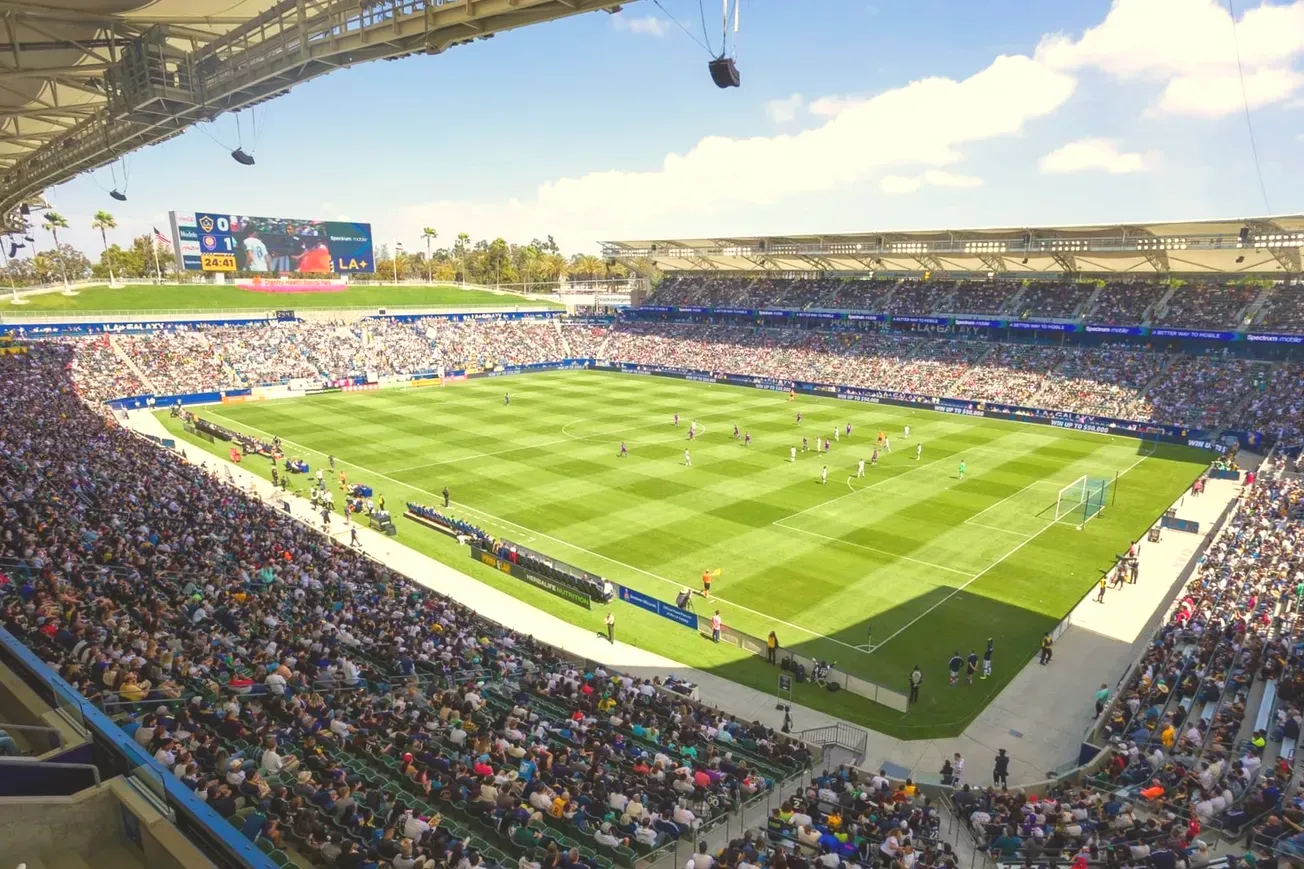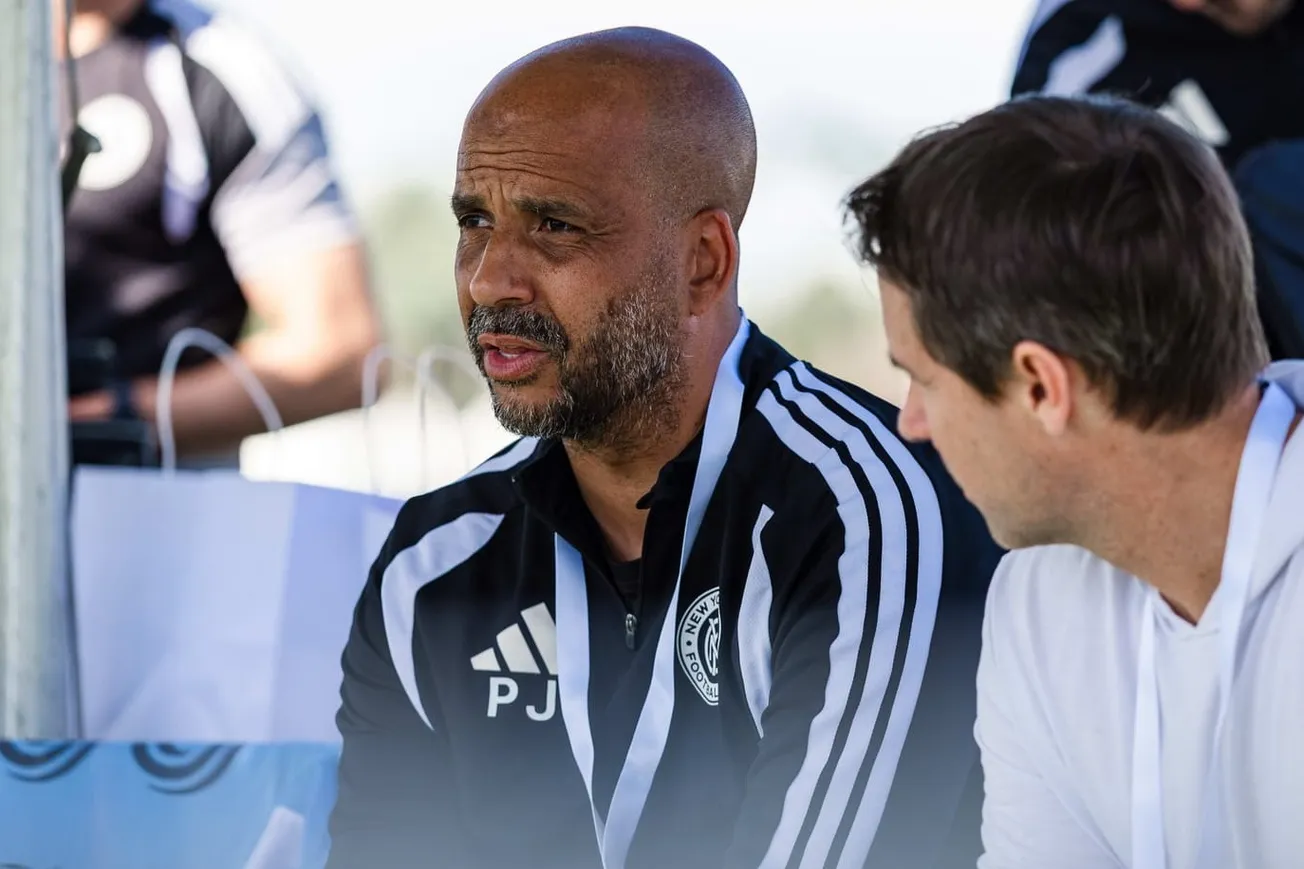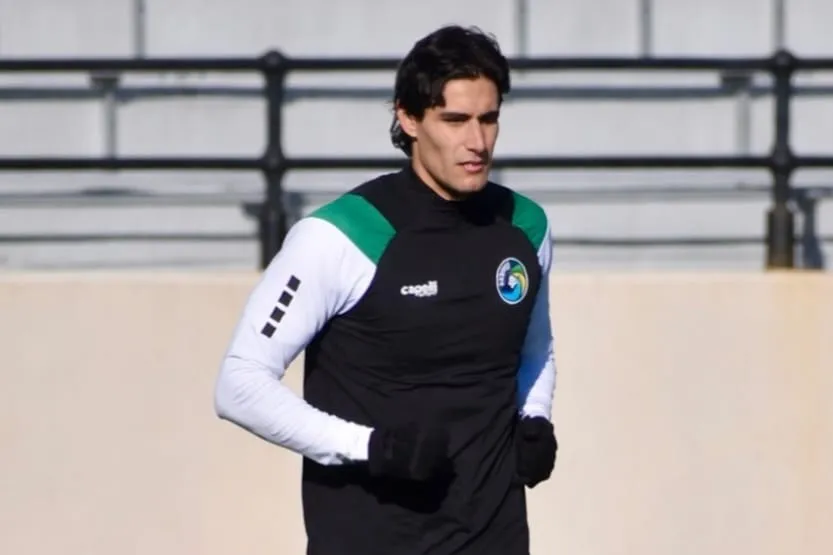Game Day Essentials
• Quarterfinal: Fluminense FC (#59) vs Al-Hilal (#62)
• Date and Time: Friday, July 4 at 3:00 pm ET
• Venue: Camping World Stadium, Orlando, FL
• Forecast: Hot, humid, chance of showers later, 86F/30C
• How to Watch: DAZN, TNT, Univision
• Referee: Danny Makkelie (NED)
Well, this is not a Quarterfinal preview anybody was expecting to see. But, upon reflection, this could be the most intriguing matchup of the Quarterfinals.
Fluminense FC vs Al-Hilal presents two huge opportunities spawned from two big upsets, with a 2025 FIFA Club World Cup semifinal berth on the line. For all the talk of European giants dominating the sport, this is Rio vs Riyadh for the right to advance further in this wacky new tournament.
Oh, and getting a check for the $21m prize you earn for getting into the next round, of course.
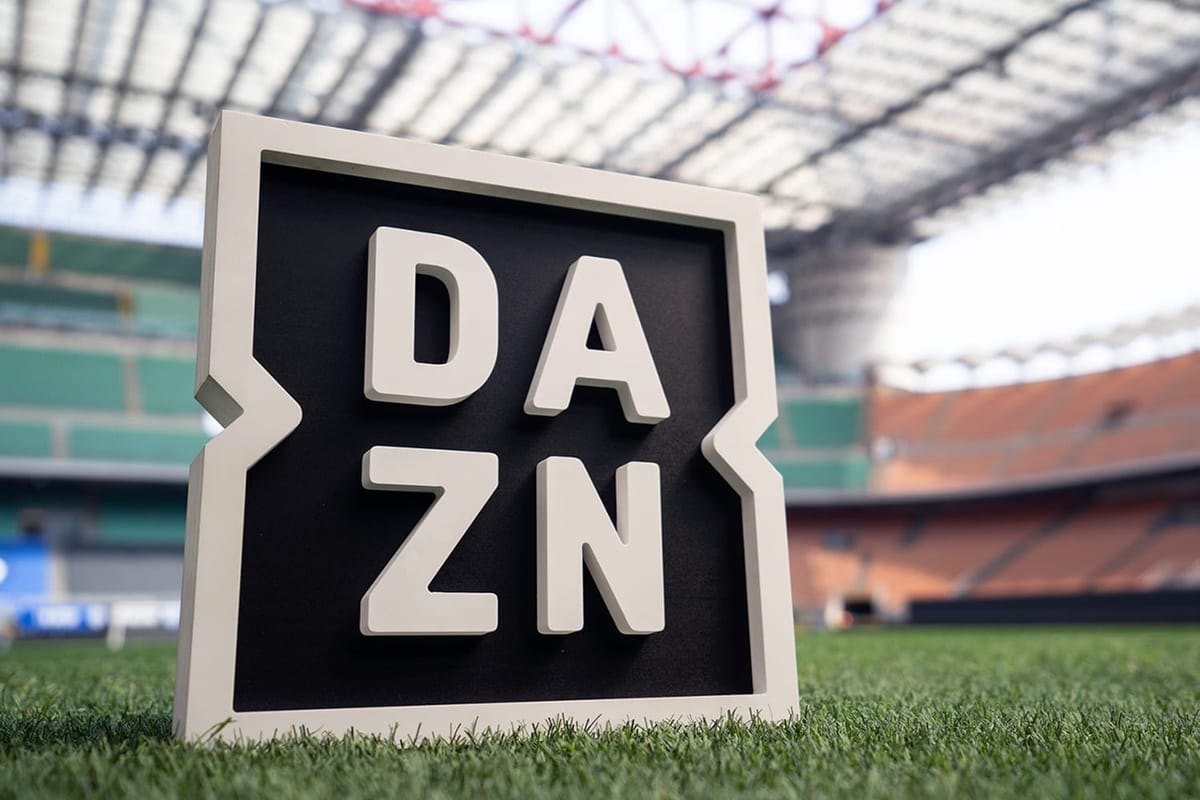
1. Upsets galore to get here
Both sides find themselves here after pulling off notable upsets against established European powerhouses. For Fluminense, it came in the form of a comprehensive 2-0 win over Italian giants Inter Milan. In Al-Hilal’s case, they muscled past the mighty Manchester City 4-3 after scoring the game-winner in extra time.
Fluminense came out flying against Inter, with a rabid press that forced an Italian turnover in just the 3rd minute, and that led to German Cano’s early opening goal. It was a back-and-forth affair from there, with Inter flashing a pair of shots off the woodwork and sending another few just wide. But the Brazilians weathered the pressure, and bookended their early goal with an equally late strike when Hercules drove home the dagger in the 93rd minute to send Inter packing.
Al-Hilal’s upset may go down as an even bigger shock. If you haven’t caught the highlights of this one, you’re missing out.
In what will surely go down as one of the biggest games of the tournament, Al-Hilal put four past Pep Guardiola’s men in a back-and-forth affair. Manchester's Bernardo Silva scored early with a 9th-minute strike, only for the underdogs to snatch the lead back just after halftime courtesy of a 1-2 punch from Marcos Leonardo and Malcom.
It was a lead that only lasted three minutes, however, with Erling Haaland leveling the contest in the 55th minute. The score would hold until the end of regulation time.
Kalidou Koulibaly’s towering header in extra time put Al-Hilal back in front by the score of 3-2, only for City to hit back with a goal of their own 10 minutes later to level things at 3-3. But, in the 112th minute, amidst heavy legs and tired minds, Leonardo bungled home a rebound on the goal line to send the Saudi Pro League side to the Quarterfinals.
"El Clasic-oil" did not disappoint.
2. Brazilian brilliance
One of the stories of the tournament thus far has to be the quality of the Brazilian teams. Fluminense is one of two Brasileirão sides to advance to the Quarterfinals, along with Palmeiras, who are squaring up against Chelsea on this same matchday. In fact, all four Brazilian teams that qualified for the tournament advanced to the knockouts, with two of those sides, Palmeiras and Flamengo, topping their groups.
Their fans have been equally as impressive in the stands, consistently providing some of the best atmospheres despite the tournament’s iffy attendance figures. Even in half-empty NFL stadiums, the Brazilians have brought the necessary noise to carry the match’s energy.
For Fluminense, it’s no different. They remain unbeaten in the tournament with wins against Inter and Ulsan HD FC and draws against Borussia Dortmund and the Mamelodi Sundowns. Their success is built on stout defence, logging three clean sheets and conceding just two goals in the four matches they’ve played thus far. Even those two goals conceded felt fluky, though. They came in an uncharacteristically shaky 10 minutes, when Fluminense conceded twice to Ulsan on the stroke of halftime. Outside that rough patch, it’s been 350 minutes of goalless action at the back for their 44-year-old keeper, Fabio.
3. Al-Hilal isn't afraid to spend on superstars
While Fluminense might boast enough history and club culture to be the envy of any side, they trail Al-Hilal in one very important category: Cash.
Saudi Pro League spending has been a hot topic of conversation since exploding into the global transfer scene in 2023. Backed by the kingdom's Public Investment Fund, the league dropped nearly $1 billion that year on everyone from aging superstars like Cristiano Ronaldo and Karim Benzema, to prime talents like Newcastle’s Allan St. Maximin and Celtic’s Jota.
Al-Hilal were at the heart of that transfer whirlwind, landing Neymar (for a $105 million transfer fee), Malcolm ($105 million), Rúben Neves ($64 million), Aleksandar Mitrović ($62 million), Sergej Milinković-Savić ($47 million), Marcos Leonardo ($47 million), João Cancelo ($29 million), Renan Lodi ($27 million), Kalidou Koulibaly ($27 million), and Yassine Bounou ($25 million), all in just a two-season span.
While Neymar didn’t pan out the way they hoped, the rest provided Al-Hilal with an unbelievable stockpile of talent to bring to this Club World Cup. The players haven’t disappointed. Like Fluminense, they also remain unbeaten through four matches so far, with an identical 2-2-0 record that includes an impressive 1-1 draw against a fearsome Real Madrid side.
Yes, Al-Hilal was an “underdog” against a global powerhouse like Manchester City. But it’s hard to give such status to a side that’s spent $500 million-plus in transfer fees over the past few seasons against all but a handful of clubs in the world.
4. Inzaghi’s influence
For all the money Al-Hilal are throwing around, their most intriguing new arrival comes in the form of their new managerial appointment, Simone Inzaghi. The Italian manager led Inter to a Champions League Final just a month ago, and had built the blue half of Milan into a consistent contender over his four seasons with the club.
Since his appointment in 2021, Inzaghi took home two Coppa Italias (2022, 2023), two Supercoppas (2023, 2024), and a Serie A title (2024). But for all his success, he often found himself playing bridesmaid rather than bride, finishing as a runner-up twice in the UEFA Champions League Final (2023, 2025), twice in Serie A (2022, 2025), and once in the Supercoppa (2025).
Could he be viewed as a coach who has trouble getting over the line? Maybe. But rather, this speaks better to a coach who consistently elevates his side and get them to rise to the challenge — regardless of the squad at his disposal, or the opposition he faces. His high-intensity play is matched by his high-intensity persona in the technical area, as he frantically shouts to dish out demonstrative instructions to his players for the full 90 minutes — or 120 minutes, as it were.
As a highly sought-after target for top European sides, his appointment by Al-Hilal marks a huge coup from the ambitious Saudi side, and is one that already seems to be paying off. Perhaps it's no surprise after all that it’s Al-Hilal that moved on to the quarterfinals, and Inter Milan who crashed out in the round of 16.
5. What’s at stake for two very different footballing nations
The excitement of this matchup lies in its inherent unpredictability. These two sides have never met in any competition, never mind in a matchup of this magnitude.
Whoever advances to the Semifinal will likely be the biggest underdog left in the competition. As such, this match carries a ton of weight for not just the clubs participating, but for the nations they represent.
Brazil’s seat at soccer’s global table needs no introduction: You’d never want to face the Brazil national team in an international competition, and talented Brazilians are so often the expensive difference-makers for top European sides.
But, at club level? Brazil's status has slipped in recent decades with the rise of its European counterparts. They are more often a seller in the global market than a buyer, which means they’re often viewed as a second-rate league despite their massive fan bases and talented academies.
This tournament has worked to dispel that narrative, as every Brazilian team has been successful to some measure.
For Fluminense, who finished 13th in Brazil’s Serie A last season, a Semifinal appearance in the Club World Cup would mean everything.
Al-Hilal is also carrying the weight of a nation on its shoulders, albeit in a very different way.
They bear the load of the heightened expectations that come with their recent financial investments. Their own government, whether for sportswashing or footballing purposes, is pouring tons of money into this project with the expectation of making a global impact on the game. The intent isn’t just to pry the best footballing talent away from traditional European powers; it's to bring those talents to Saudi Arabia and help put that nation on the footballing map.
While Brazil had four sides represented in the tournament, Al-Hilal serves as the Saudi Pro League’s only entrant. And, given Saudi Arabia's involvement in financing this tournament, they now carry responsibilities associated not just with the investment in their own squad, but perhaps of the entire competition.
As Milinković-Savić put it to his, and the league’s, critics after toppling Manchester City, “Let's see if they criticize us now.”

